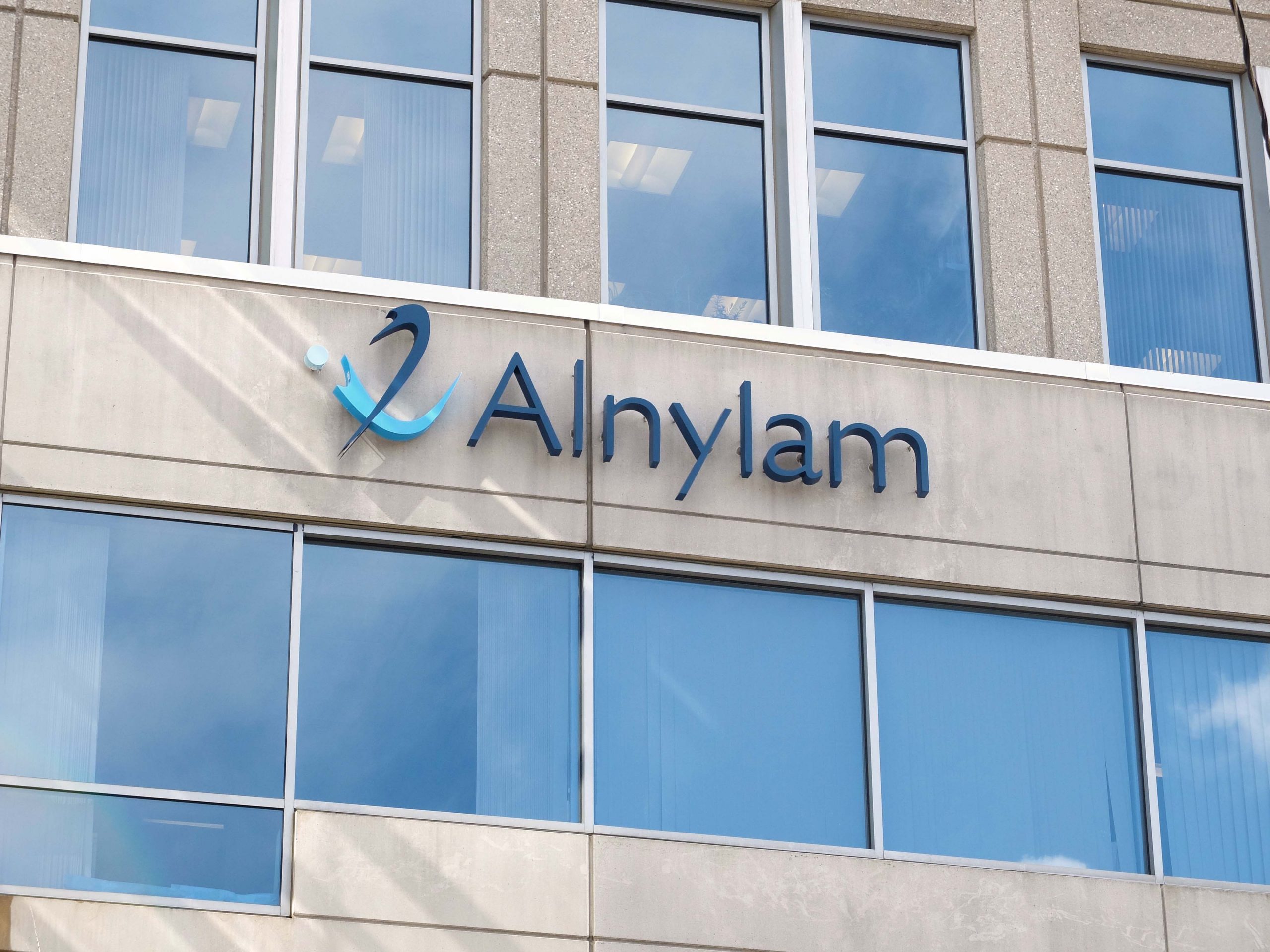Alnylam to seek approval for second RNAi drug

Alnylam thinks it has strong enough clinical data for its gene-silencing drug for rare disease acute hepatic porphyria (AHP), and plans to move ahead with regulatory filings in the US and Europe.
The US biotech made a bit of biotech history last August after getting the first-ever FDA approval for a gene-silencing drug based on RNA interference (RNAi) technology – Onpattro (patisiran) for hereditary transthyretin-mediated amyloidosis (hATTR) – and now plans to add to its stable with AHP therapy givosiran.
If it gets approved, givosiran would be a much-needed new therapeutic option for patients with AHP, a genetic disease caused by a deficiency in one of the enzymes used to synthesise haem in the liver that causes a toxic build-up of metabolites and in turn severe pain, muscle weakness, and nerve damage.
Alnylam had originally hoped to file givosiran on the strength of biomarker results from the phase III ENVISION study last year, but held off for the final readout – released yesterday – on clinical outcomes after discussions with the FDA. At the time, analysts said the short delay would not have any impact on givosiran’s approvability or commercial potential.
Data from 94 patients showed that givosiran reduced the rate of pain, fatigue and other symptoms like nausea compared to placebo at six months, the primary endpoint in the study, and this was backed by positive effects on five out of nine secondary efficacy measures including metabolite biomarkers. The full data will be presented at the EASL liver disease congress in Vienna next month.
There were some effects on liver and kidney function tests that raised a few alarm bells, however with chronic kidney disease developing in five of 48 patients on givosiran with no cases seen in the 46 patients on placebo.
Only one patient on the RNAi drug actually discontinued therapy, and Alnylam points out that liver and kidney damage is seen as a consequence of the AHP disease process. Nevertheless, the side effect data seem to have caused a few concerns among investors and shares in Alnylam slipped almost 6% in the wake of the announcement.
“We believe the overall efficacy and safety profile of givosiran…is encouraging,” said Alnylam’s chief medical officer Akshay Vaishnaw on a conference call. “Based on these results, we believe givosiran has the potential, if approved, to be a transformative medicine for AHP patients and their families.”
Based on the results, Alnylam says it intends to file for approval with the FDA and EMA in the middle of 2019, setting up potential approvals in both the US and Europe in early 2020 and possible new treatment options for the 1,000 to 5,000 patients who suffer sporadic or recurrent AHP attacks.
At the moment, AHP attacks are treated with painkillers, including opioids, and intravenous infusions of hemin which can lead to iron overload. Alnylam is now planning an expanded access programme to make the dug available to patients prior to licensing.











